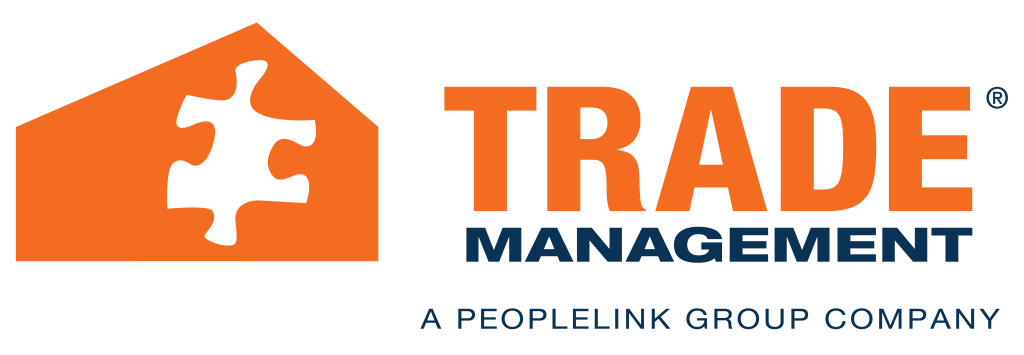How to Perform Well in Various Job Interview Formats
Job interviews can be stressful. Your performance impacts whether you advance in the hiring process.
Preparing for a job interview increases your odds of success. Practicing your answers helps you feel confident while delivering the information the interviewer is looking for.
Understanding the job interview format is essential. Practicing answers to questions in the same format the interviewer will use increases your comfort level.
Drawing on this experience helps you perform well during your interview. This increases the likelihood of advancing in the hiring process.
Implement these tips to perform well in different job interview formats.
Behavioral Interview
A behavioral interview includes questions about how you handled a workplace situation. Your answers indicate how you might handle similar situations in the future. These responses also demonstrate how you handle pressure at work and the value you can add to the company.
Tips to prepare for a behavioral interview:
- Study the job description.
- List the top skills and qualifications.
- Outline an example that shows your ability in each area.
- Use the STAR method to describe the situation, task, action, and result for each story.
- Practice your answers out loud.
- Keep your responses under 2 minutes.
Case Interview
The questions for a case interview provide insight into the clients and projects the company handles. Your answers show your problem-solving skills, analytical ability, and strategic and logical thinking. Your responses also help assess your common sense, creativity, and comfort with ambiguity.
Tips to prepare for a case interview:
- Take notes throughout the case exercise
- Understand the issue and question
- Uncover the underlying assumptions
- Ask questions
- Summarize the issues and findings
- Share the framework for your hypothesis
- Provide your recommendations
- Highlight the next steps and anticipated results and impacts
- Show clear thinking, practical judgment, and professionalism
- Convey your logic and thought process
Group Interview
A group interview shows your leadership, teamwork, and communication skills. It also demonstrates how you perform under pressure.
Tips to prepare for a group interview:
- Interact with the other candidates to build rapport before the interview
- Project confidence and a positive attitude
- Maintain open body language
- Actively listen to everyone
- Provide clear, concise answers
- Promote collaboration when possible
Dinner Interview
A dinner interview assesses your communication and social skills, manners, and demeanor. This is especially important for a client- or customer-facing position.
Tips to prepare for a dinner interview:
- Research the company’s values, current events, recent accomplishments, and targeted employee ethics.
- Use your research to determine how you can contribute to the company’s success.
- Clarify how your knowledge, skills, experience, and accomplishments make you the best-qualified candidate for the role.
- Show that you are a team player.
- Order food that is moderately priced, easy to eat with utensils, will not get caught in your teeth and does not cause bad breath.
- Let the interviewer lead the conversation.
Want Additional Interview Preparation?
Trade Management can help you prepare for a job interview with an employer. Register with us today.










